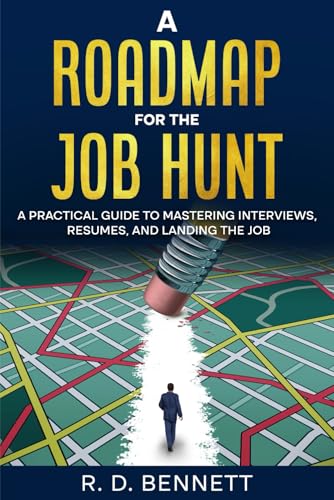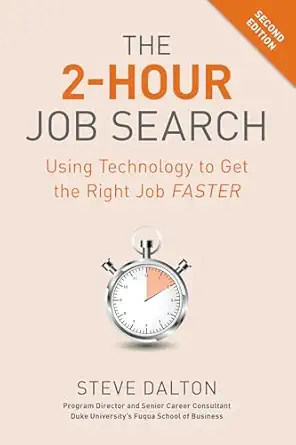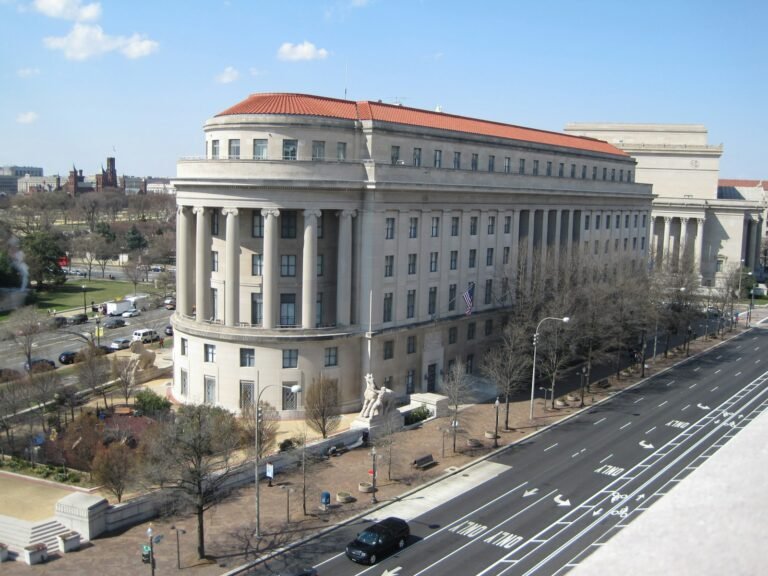
WASHINGTON, D.C. — Two of the largest federal employee unions in the country have initiated legal action against the Trump administration, alleging that it intends to carry out an illegal and politically driven mass termination of federal employees should a government shutdown occur.
The lawsuit, lodged in federal court in San Francisco by the American Federation of Government Employees (AFGE) and the American Federation of State, County and Municipal Employees (AFSCME), asserts that the administration is exploiting federal workers as “pawns” in its budget conflict with Congress.
“This is not only illegal — it’s immoral and unconscionable,” said AFGE President Everett Kelley, noting that over a third of federal workers are military veterans.
The unions are focusing on a memo from the Office of Management and Budget (OMB) Director Russ Vought, which encourages agencies to think about Reduction in Force (RIF) measures—essentially terminating employees—if Congress does not pass a funding bill before the shutdown deadline.
President Donald Trump heightened tensions on Tuesday by implying that mass firings could be a possibility, telling reporters, “We may do a lot,” while placing the blame on Democrats for the deadlock. The White House has not yet detailed how many employees could be impacted, but Vought’s memo has been broadly seen as setting the stage for significant layoffs, a step that legal experts and lawmakers argue is both unprecedented and illegal.
What the Law Says
Critics argue that such firings would violate the Antideficiency Act, which governs government shutdown procedures and prohibits agencies from incurring new financial obligations during funding gaps.
According to Rep. James Walkinshaw (D-VA), the memo is “political intimidation masquerading as policy,” and lacks any legal authority.
“There is no statute, appropriation, or constitutional clause that allows the administration to fire federal employees because of a funding lapse,” Walkinshaw wrote in an op-ed.
The sole legal personnel action during a shutdown, he clarified, is to furlough nonessential employees while permitting only “excepted” staff to work without compensation. A complete Reduction in Force (RIF) process, which encompasses severance, appeals, and internal competition, cannot be lawfully carried out during a shutdown.
Experts Label It a Risky Overstep
Rob Shriver, a former acting director of the Office of Personnel Management, described Vought’s directive as part of a larger “Project 2025” initiative aimed at undermining the civil service.
“Trump is trying to revive a radical workforce reduction plan under the guise of a shutdown,” said Shriver, now with legal group Democracy Forward. “It’s a stunt at the expense of the civil service.”
Legal experts caution that if Vought’s proposal proceeds, it may place the administration at considerable legal risk, potentially representing a clear breach of federal law.
The unions are urging the court to swiftly prevent any efforts to terminate federal employees as part of a shutdown tactic. The lawsuit identifies OMB Director Russ Vought as a defendant.
While no judge has been appointed to the case yet, the plaintiffs are optimistic that the court will recognize the directive as a breach of both legal standards and fundamental governance principles.
The Human Cost
In addition to the legal implications, critics highlight the severe consequences for real individuals. Federal workers—many of whom are veterans, scientists, air traffic controllers, and healthcare professionals—risk losing their jobs amid a political impasse.
“Let’s not lose sight of what’s at stake,” said Rep. Walkinshaw. “Federal employees are not political hostages. They are the backbone of our country’s safety and prosperity.”
He highlighted previous errors, such as a 2025 event at the National Nuclear Security Administration, where more than 300 employees were suddenly dismissed and then quickly reinstated in response to public outcry and national security issues.
As the deadline for the shutdown approaches, the legal dispute could serve as a crucial examination of executive authority amid a financial crisis. In the meantime, federal employees nationwide are left in a state of uncertainty.
If Congress does not take action or the court does not step in, the Trump administration might try to move forward with a mass termination strategy that many experts argue is not only unlawful but also without precedent in contemporary American history.






















